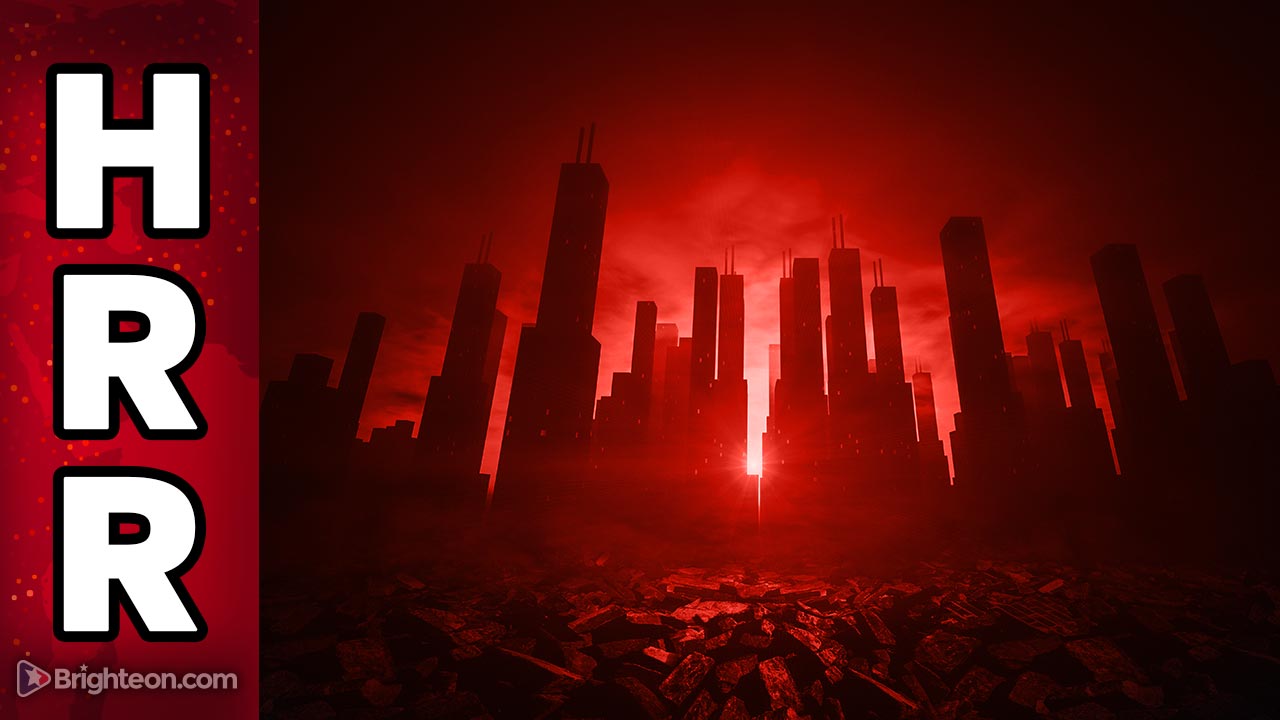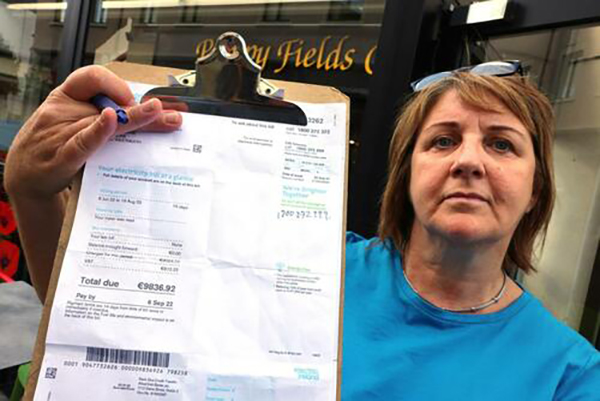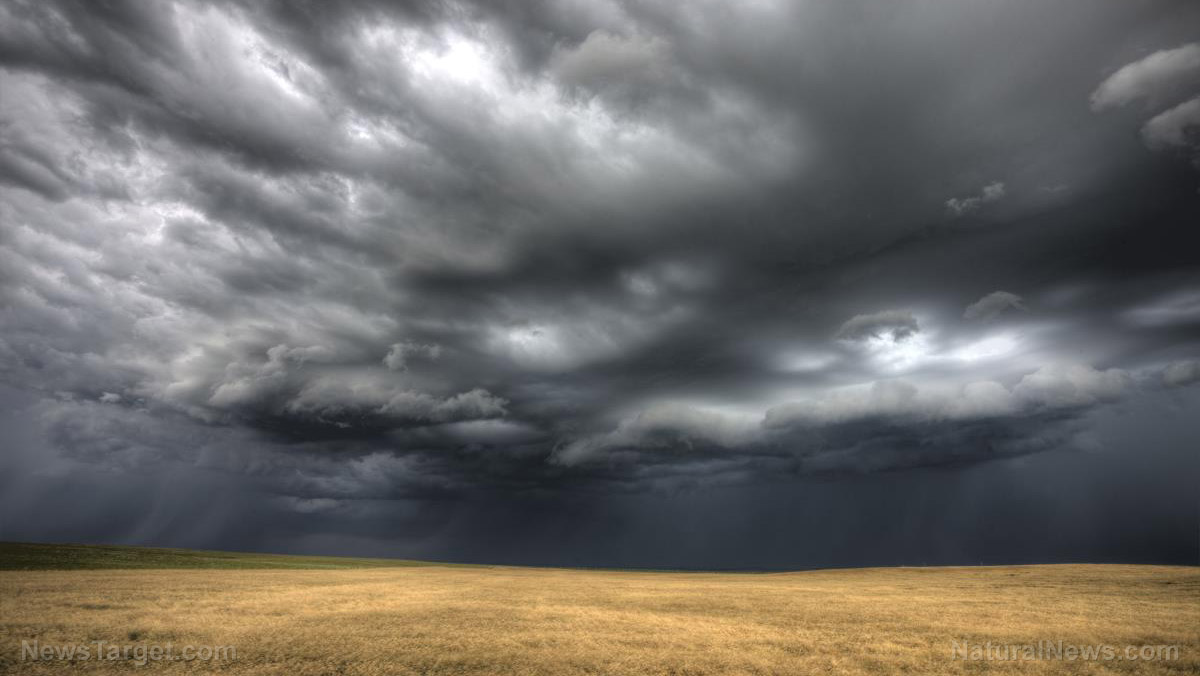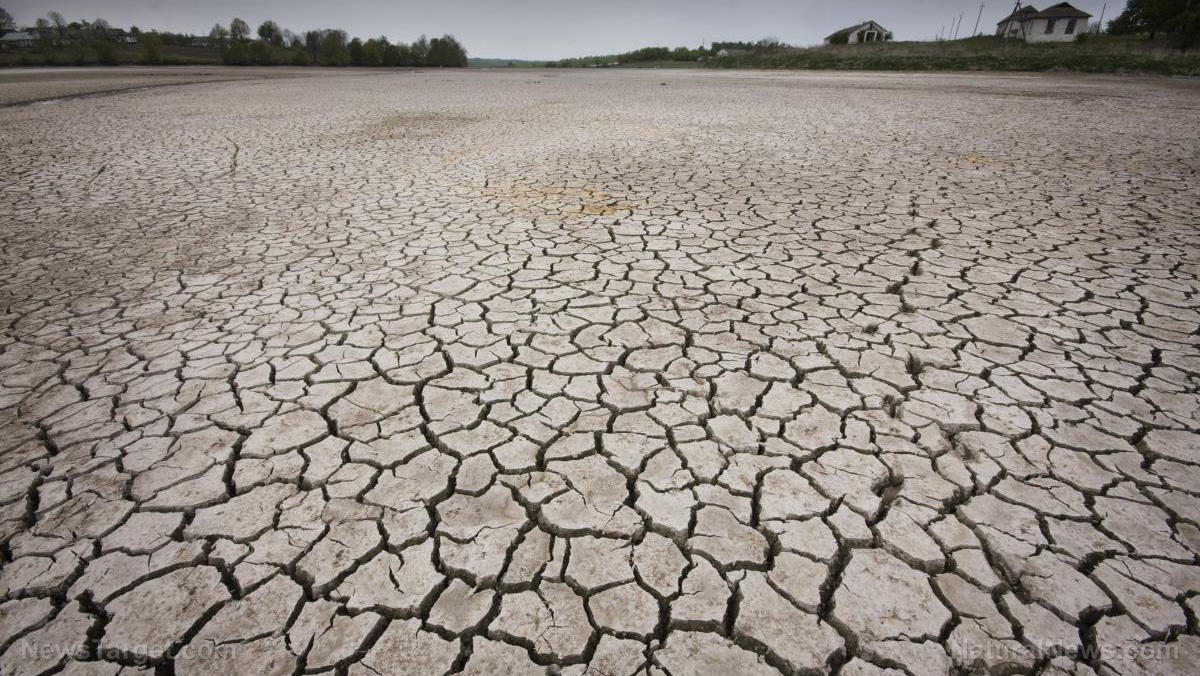Libya announces force majeure on oil exports amid continued blockades of production and ports
07/07/2022 / By Kevin Hughes
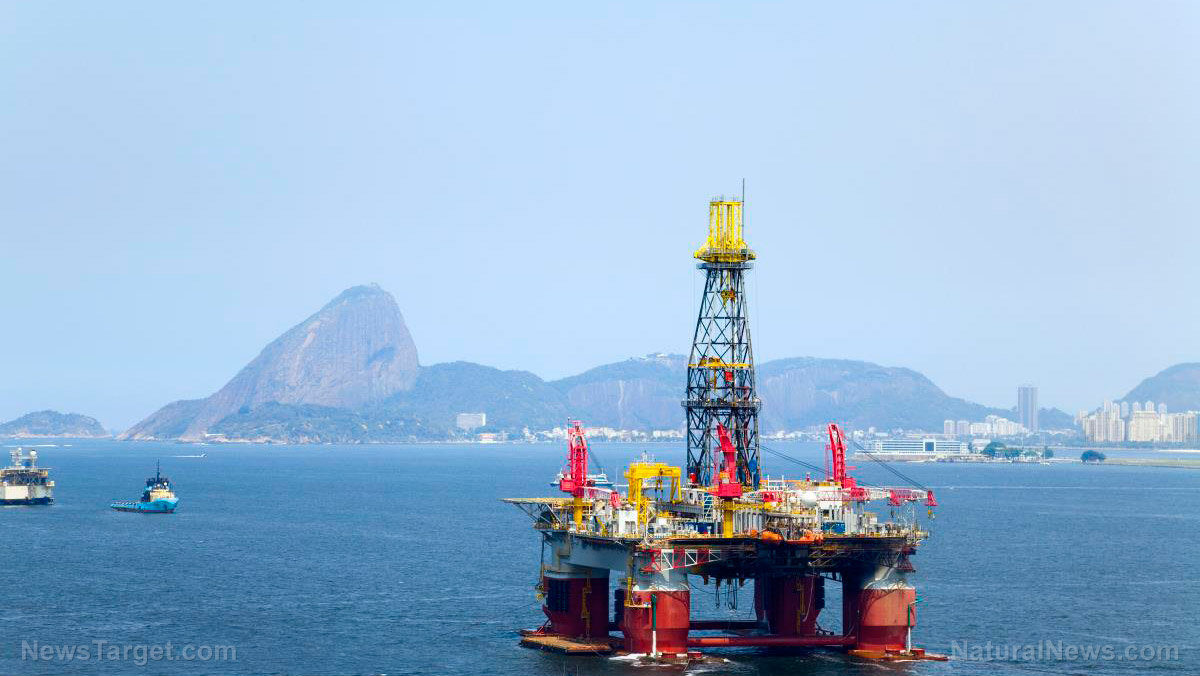
The Libyan National Oil Corporation (NOC) has announced force majeure on crude exports from its oil terminals amid ongoing blockades of production and ports that have seriously crippled Libya’s oil exports.
Force majeure refers to an unforeseen set of circumstances preventing a party from fulfilling a contract.
The announcement came after weeks of protests and closures amid the new rift in Libya’s political class featuring Fathi Bashaga, the prime minister appointed by the Libyan Parliament earlier this year, and Prime Minister Abdul Hamid Dbeibah, who was nominated last year through a process supported by the United Nations. (Related: Ecuador announces force majeure for oil, state of exception decree amid protests.)
Bashaga is currently based in Sirte in the eastern region of Libya, while Dbeibah is based in Tripoli.
The NOC previously stated that it was taking into consideration announcing force majeure unless production and shipment of oil continue in the Gulf of Sirte, which holds the oil export terminals of Zueitina, Brega, Ras Lanuf and Es Sider.
“Our patience has run out after we have repeatedly tried to avoid declaring the state of force majeure, but the implementation of our obligations has become impossible, and we are forced to declare a state of force majeure on the terminals of Asidra and Ras Lanuf, in addition to the Al-Feel field, with the continuation of the state of force majeure on the terminals of Brega and Zueitina,” NOC chairman Mustafa Sanalla said in a statement on Thursday, June 30.
“Political difference is a right, but the mistake is to use oil, ‘the lifeblood of Libyans’ as a bargaining chip,” added Sanalla, who described the use of oil as a bargaining chip as an “unforgivable sin.”

Libya’s oil exports down big
Libya’s exports currently ranged from 365,000 barrels per day (bpd) to 409,000 bpd, which is a decrease of 865,000 bpd compared to “normal production rates under normal circumstances,” the NOC said.
According to monthly oil market report by the Organization of the Petroleum Exporting Countries (OPEC), Libya generated about 707,000 bpd in May, down 186,000 bpd from the previous month.
Meanwhile, the NOC on Friday, July 1, stated that implementing its obligations is no longer possible.
“It has become impossible to feed the power stations of Zuetina, North Benghazi and Sarir with their needs of natural gas, due to the connection between crude oil production and gas from the fields of the Waha and Mellitah companies leading to a shortage of natural gas supply to the coastal pipeline,” the NOC announced.
The most recent closures are likely to help oil prices that are proceeding to trade higher.
Brent, the standard for two-thirds of the world’s oil, was trading 1.52 percent higher at $110.69 a barrel while West Texas Intermediate, the yardstick that tracks United States crude, rose to 1.4 percent at $107.24 per barrel.
Libya’s oil production affected by current political situation
Libya’s oil production has decreased and declined sharply due to the present political situation in the country, according to Sanalla.
The country had seen much of its production down since the start of the civil war that broke out between factions after the overthrow of former Libyan leader Muammar Gaddafi in 2011. The UN has warned that the nation could again return to insecurity under opposing governments.
The NOC in April announced force majeure at the Zueitina oil terminal and Brega oil port, as well as Al Sharara oilfield and El Feel oilfield owing to the political hostilities.
Last December, four oilfields in Libya were closed over payment issues by the Petroleum Facilities Guard, a force hired to guard oil installations.
Follow FuelSupply.news for more news about the global oil crisis.
Watch the video below to know how Libya has descended into chaos once again because of a power struggle.
This video is from the High Hopes channel on Brighteon.com.
More related stories:
EU’s embargo on Russian oil will cause oil prices to skyrocket – but Russia will be largely unharmed.
Another lie debunked: Russia set for record earnings in oil, gas in 2022, despite Western sanctions.
Sources include:
Submit a correction >>
Tagged Under:
big government, chaos, crude, energy crisis, energy supply, force majeure, fuel supply, Libya, NOC, oil exports, oil prices, OPEC, panic, rationing, Russia, scarcity, Shortages, supply chain, Tripoli, Ukraine, UN, United Nations
This article may contain statements that reflect the opinion of the author
RECENT NEWS & ARTICLES
COPYRIGHT © 2017 COLLAPSE.NEWS
All content posted on this site is protected under Free Speech. Collapse.news is not responsible for content written by contributing authors. The information on this site is provided for educational and entertainment purposes only. It is not intended as a substitute for professional advice of any kind. Collapse.news assumes no responsibility for the use or misuse of this material. All trademarks, registered trademarks and service marks mentioned on this site are the property of their respective owners.





